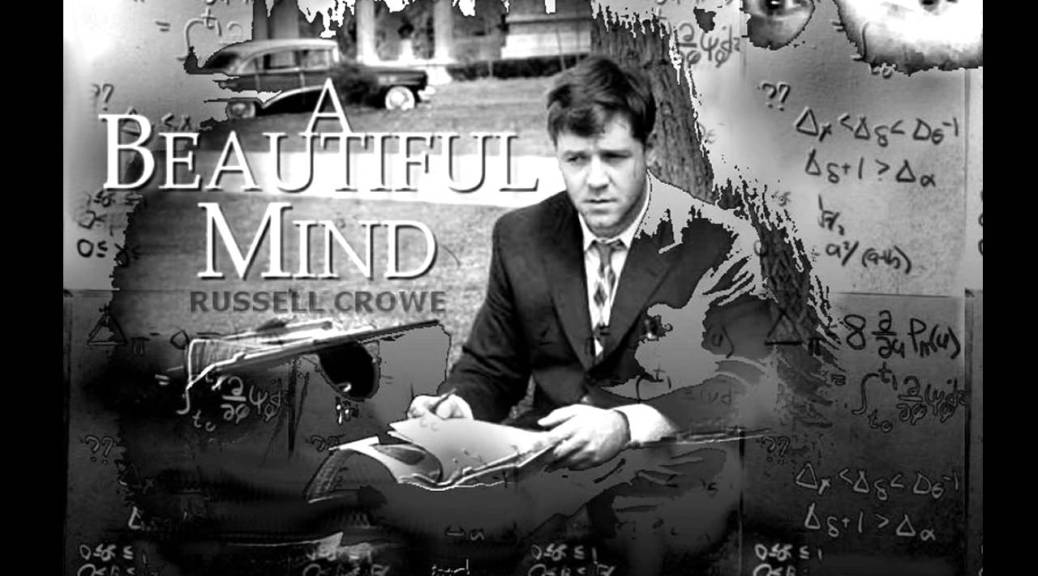The Business Dictionary defines self-interest as a “focus on actions or activities that are advantageous to an individual or organization. For a business or individual to survive and grow, a degree of self-interest is necessary. When there is too much focus on self-interest the benefits of the group at large diminishes.”
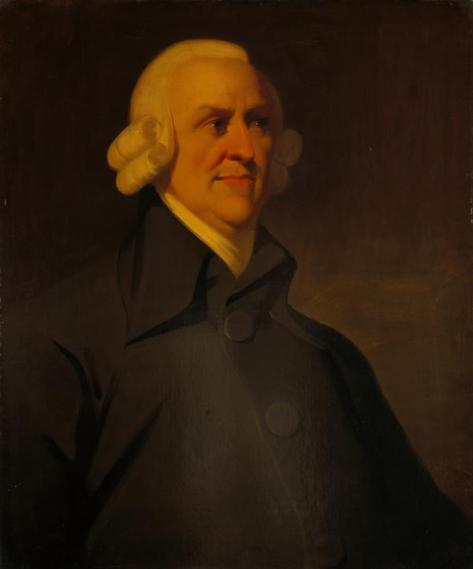
The Scottish economist and philosopher Adam Smith (1723-1790) wrote two books “The Theory of Moral Sentiments” (1759) and “The Wealth of Nations” (1776) (considered “the bible of capitalism”). He proposed a theory that capitalism was essentially fuelled by the self-interest of people: “It is not from the benevolence of the butcher, the brewer, or the baker that we expect our dinner, but from their regard to their own interest.”
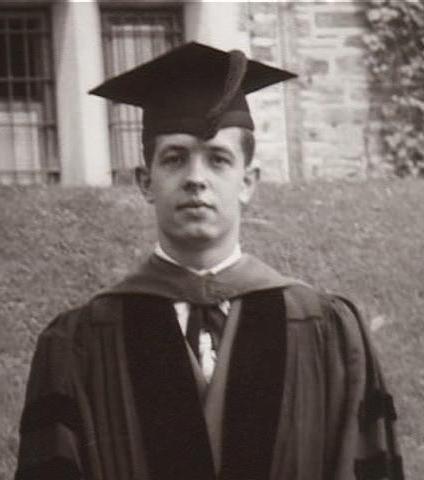
John Forbes Nash Jr. was an American mathematician whose life story was told in Ron Howard’s 2001 film “A Beautiful Mind” starring Russell Crowe. Nash updated Smith’s theory with some of his own ideas. He reasoned that the individual could get what they wanted yet still benefit the group they belonged to. This film clip of Nash and his classmates in a bar neatly explains Nash’s theory.
Nash won the Nobel Prize in 1994 in Mathematics for his equilibrium theory. John Moriarty of Manchester University describes the theory as “the ability to analyse situations of conflict and co-operation and produce predictions about how people will behave.” He goes on to say that Nash’s equilibrium is “perhaps the most important idea in economic analysis.” So why hasn’t Nash’s equilibrium been adopted more by the mainstream?
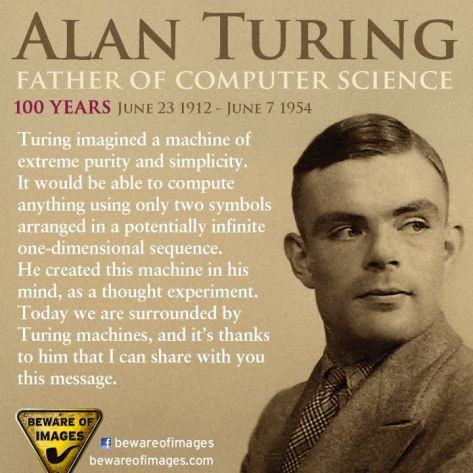 Firstly, you can’t quantify human nature. It is not fixed but fluid and unpredictable. It’s not like Cambridge Mathematician Alan Turing’s “The Chemical Basis of Morphogenesis” where he could explain the markings and patterns on animals with an equation. That was rooted in genetics and evolution is a mighty slow thing. Human nature is extremely fast, just look how it changes day to day, hour to hour, minute to minute on the internet. It can be contradictory and even illogical at times. Applying logic to potentially illogical behaviour is to construct a house on shifting foundations. The structure will inevitably collapse. That’s the first problematic element of Nash’s theory but I propose an even bigger flaw that’s prevented it from being embraced in a wider context.
Firstly, you can’t quantify human nature. It is not fixed but fluid and unpredictable. It’s not like Cambridge Mathematician Alan Turing’s “The Chemical Basis of Morphogenesis” where he could explain the markings and patterns on animals with an equation. That was rooted in genetics and evolution is a mighty slow thing. Human nature is extremely fast, just look how it changes day to day, hour to hour, minute to minute on the internet. It can be contradictory and even illogical at times. Applying logic to potentially illogical behaviour is to construct a house on shifting foundations. The structure will inevitably collapse. That’s the first problematic element of Nash’s theory but I propose an even bigger flaw that’s prevented it from being embraced in a wider context.
The human condition is one variable but a bigger one is the group itself. In the film clip with the blonde, Nash’s theory might work when he’s with a group of friends. They presumably know and trust each other and should therefore support one another for the common good. Again, it should work for a family, they too should presumably know and trust each other and have common goals (but human beings are complex creatures and there is no guarantee that the family isn’t dysfunctional and operating in a counter-productive way.) Assuming that these smaller groups want to progress along the same path together, we can expand the theory outwards to a community of people. Here the theory begins to fall apart. A community of people might not know or trust one another or have common goals. That possibility lessens even further when you expand the theory to a city or a country or a conflict between two countries. So the more you expand Nash’s theory outwards, the less chance it has of succeeding.
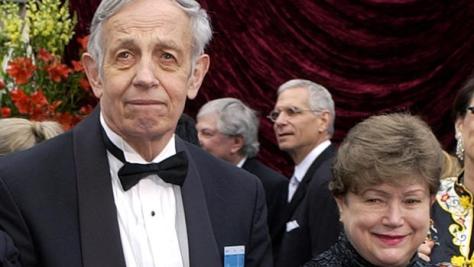
Nash was also schizophrenic: “I was disturbed in this way for a very long period of time, like 25 years.” It affected his marriage and he and his wife Alicia divorced in 1962. His condition improved in the 80s and they remarried in 2001. Sadly the couple were killed in May 2015 when the taxi they were passengers in crashed in New Jersey. A sad loss of a great man. Life is not predictable.
© Stewart Stafford, 2017. All rights reserved.
If you’re a generous person who believes this writer should be paid for his hard work, you may donate here.
To read more of this author’s work, check out his short story Nightfall and novel The Vorbing.
